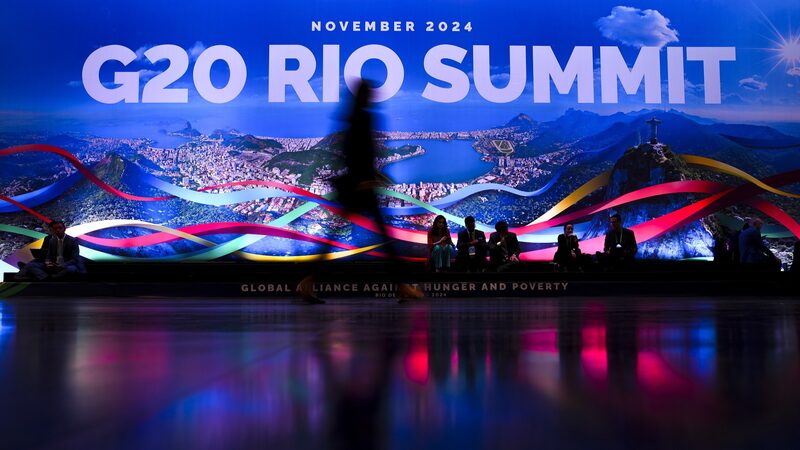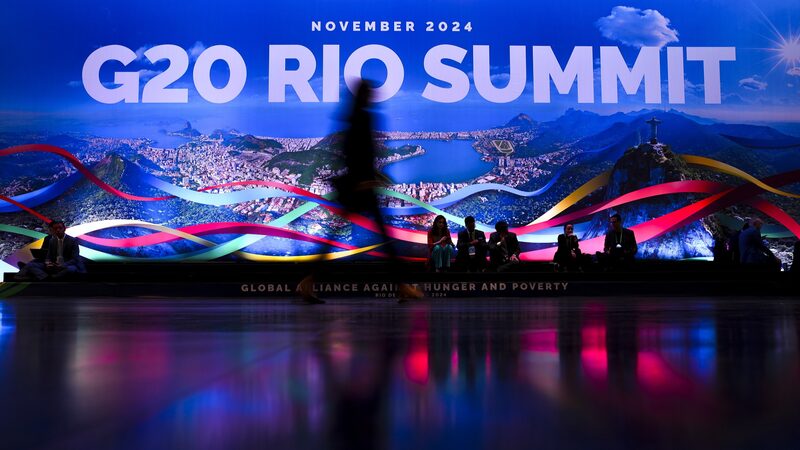At the recent AI Action Summit held in Paris, representatives from over 100 nations convened to discuss the future of artificial intelligence. Out of these, 61 countries, including the Chinese mainland, signed the Statement on Inclusive and Sustainable AI for People and the Planet, which advocates for AI to be \"open, inclusive, transparent, ethical, safe, secure and trustworthy.\"
Despite the growing global consensus, the United States and the United Kingdom chose not to endorse the declaration. Their decision has sparked discussions among international observers about the future direction of AI governance and collaboration.
During a press briefing on February 12, Chinese Foreign Ministry Spokesperson Guo Jiakun emphasized China's commitment to advancing AI technology responsibly. He stated, \"China actively embraces intelligent transformation, fosters AI innovation, prioritizes AI safety and encourages independent enterprise-driven advancements. We also support inclusive AI development, assisting developing nations in strengthening their capabilities, and promoting open-source AI to enhance accessibility. At the same time, we oppose ideological divisions and the politicization of trade and technology under the pretext of national security.\"
The summit highlights the diverse perspectives among nations regarding the regulation and ethical development of AI. While many countries seek to establish common standards to ensure the beneficial use of AI, the absence of key players like the US and UK indicates potential challenges in achieving a unified global framework.
As AI continues to reshape various sectors worldwide, the outcomes of such international gatherings will play a crucial role in determining how nations collaborate to harness the technology's full potential while mitigating associated risks.
Reference(s):
cgtn.com








